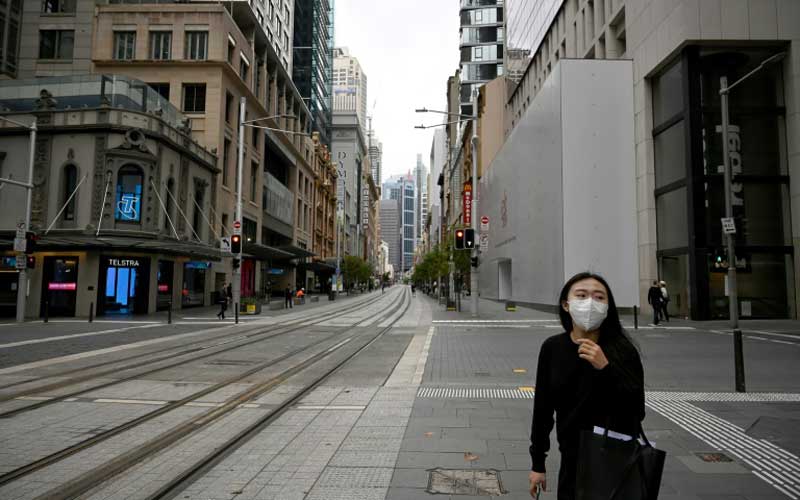×
The Standard e-Paper
Kenya's Bold Newspaper

China has reacted strongly to Australia's demand for an inquest into the handling of the coronavirus outbreak
China's ambassador in Australia has warned that demands for a probe into the spread of the coronavirus could lead to a consumer boycott of Aussie wine or trips Down Under.